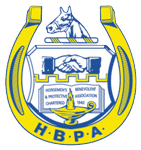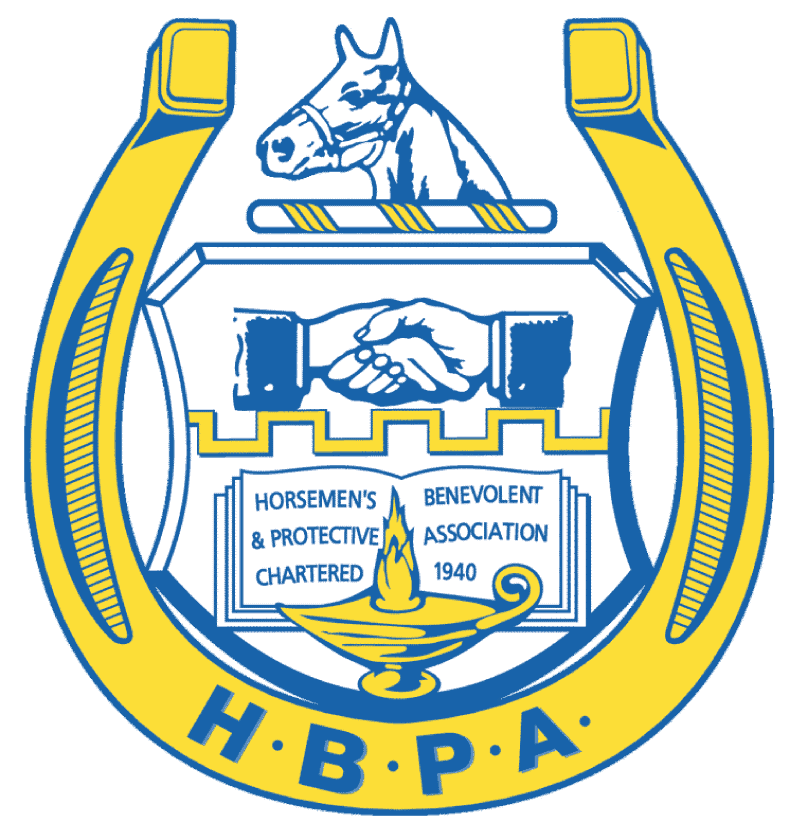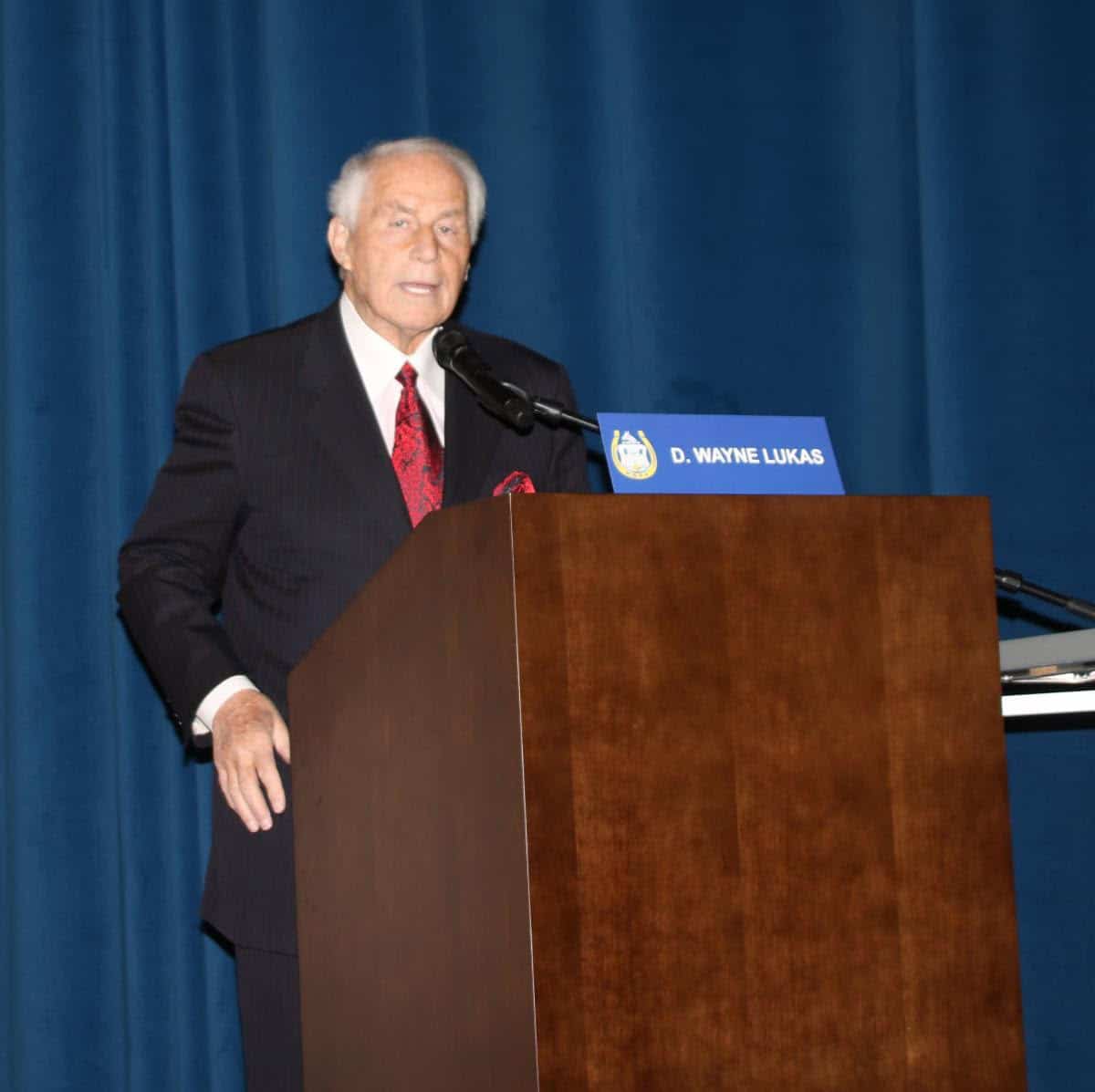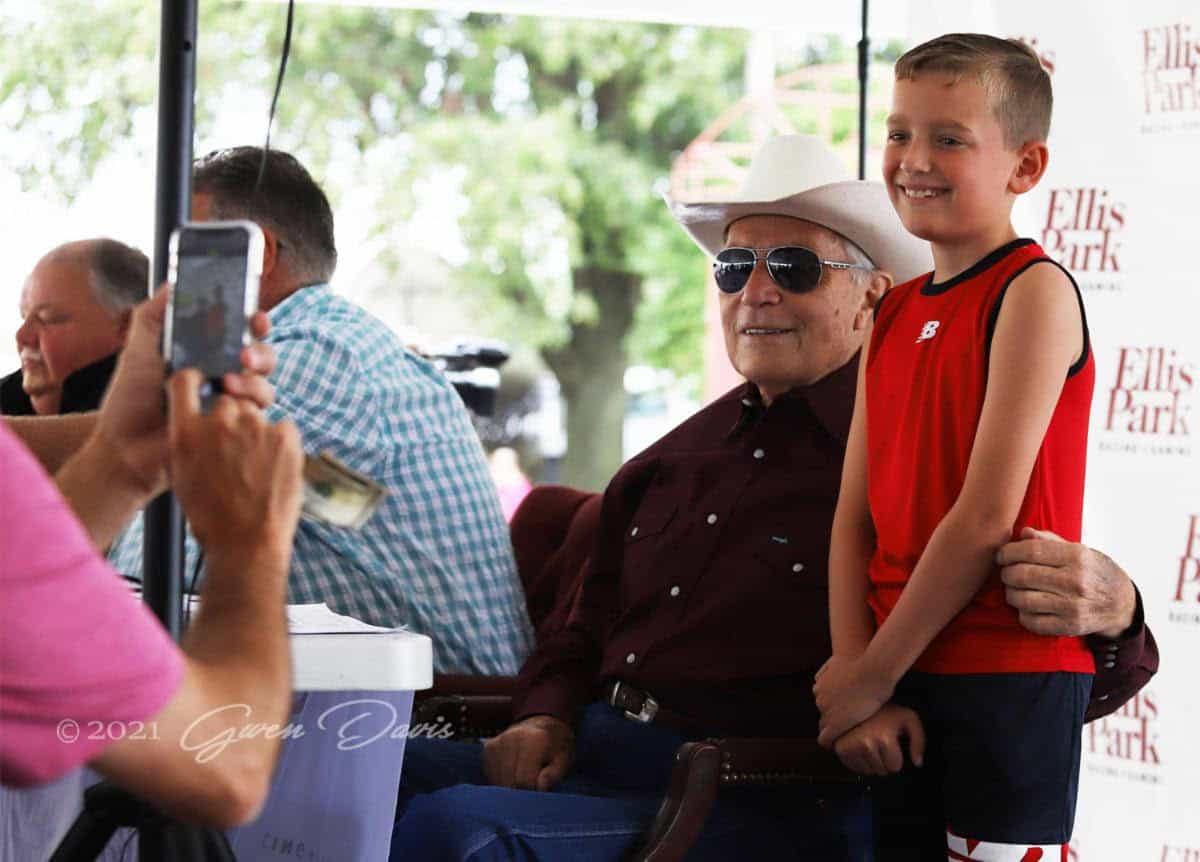Medical Testing Challenges Outlined at Law Conference
Blood-Horse
Even when racing states use testing labs accredited by the Racing Medication and Testing Consortium, regulators have to be vigilant to ensure those labs are conducting all needed tests, at the proper levels, advised Susan Speckert April 29 at the National Conference on Equine Law.
Speckert, general counsel for the Kentucky Horse Racing Commission, pointed out some of the industry’s challenges in testing during a panel on medication and testing issues Wednesday at the conference at Keeneland in Lexington. Speckert noted 22 states now work with RMTC-accredited labs, one of the pillars of the National Uniform Medication Program.
Despite that progress, Speckert cautioned that even when a lab is accredited by the RMTC, state regulators still need to work to ensure the lab is testing at the proper level and manner needed for the sport. She suggested states refer to the RMTC model rule on testing that notes it’s the “responsibility of the regulatory agency to unequivocally require the laboratory to perform to industry standards when analyzing its samples. To do otherwise subverts the goal of uniformity in medication regulation and creates the ‘illusion of integrity,’ rather than the application of fair and consistent testing across all racing jurisdictions.”
While some states may be looking to save money when they ask for less stringent testing in their contracts with labs, Speckert noted that, in some cases, it may simply be an assumption on the regulator’s part that once it contracts with an accredited lab that the lab will test at the proper levels for the sport.
Speckert said accredited labs testing at the same thorough levels are needed as part of the industry’s push toward uniform medication rules. She said without uniform quality of testing at the labs, uniform medication rules are undermined.
Even in accrediting labs through the RMTC, Speckert said the industry has not reached consistency in verifying lab quality. Quoting from a 2014 Jockey Club-commissioned study from McKinsey & Company on testing and enforcement, Speckert said double-blind testing is needed to ensure lab proficiency.
“RMTC accreditation ensures that labs have the proper equipment and practices in place to perform tests at high standards, but in practice, the only way to verify that the labs are using those practices is through double-blind efficiency testing and we aren’t there yet,” that study noted.
Speckert said before she began working as general counsel for the KHRC, she assumed all labs in horse racing were of the same quality and tested in the same way. Again quoting last year’s McKinsey Report, Speckert said some labs test at the screening level for as few as 15 substances while others test for 1,800.
In her presentation, Speckert said 22 states have contracts with RMTC-accredited labs. Prominent states like New York, Pennsylvania, and Texas currently do not, but their labs are in the process of being accredited. States not committed include Florida, Illinois, Iowa, and Louisiana.
RMTC laboratory accreditation is one of the four pillars of industry efforts toward national uniform medication policies. Thoroughbred Horsemen’s Association chief executive officer Alan Foreman noted that racing had made a lot of progress, as five years ago it would have been difficult to imagine the industry would even be discussing uniform medication policies and lab accreditation.
“That says something about how far we’ve come,” Foreman said, while updating progress on uniformity during the panel presentation. Those efforts include policies that feature lab accreditation, rules that recognize 26 medications as therapeutic medications and outlaw all other substances from racing, race-day administration of furosemide by regulatory veterinarians, and stiff penalties for multiple violators of medication policies.
Also on the panel was Rick Goodell of the New York State Gaming Commission, who provided updates on court opinions on out-of-competition testing. Goodell noted that, as a highly-regulated sport with a high public interest, courts have allowed states to put rules in place that allow for testing of horses not entered for racing or even off of racetrack property.





